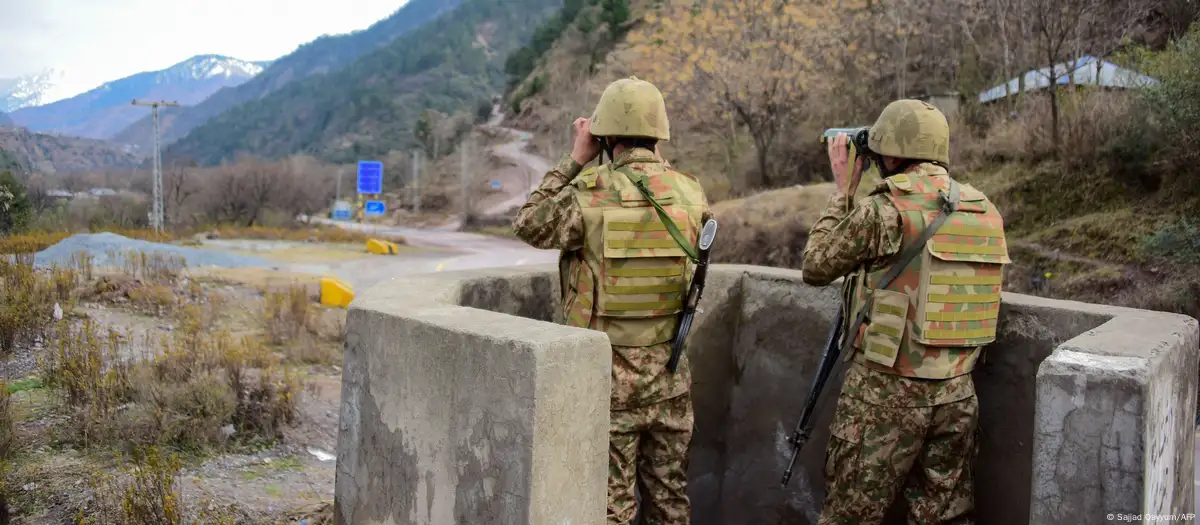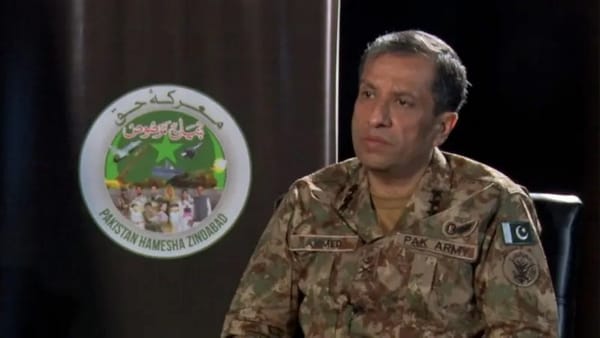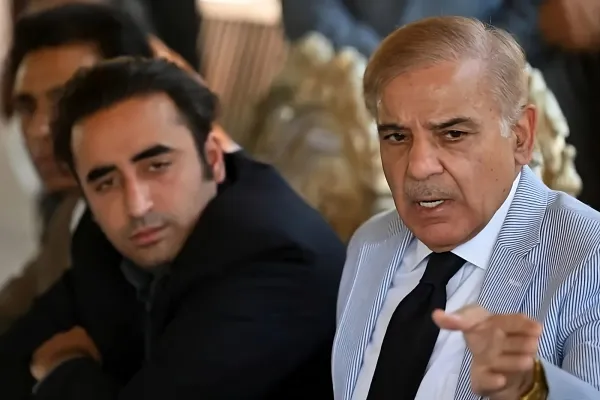Pakistan and India Agree to Troop Pullback Along Border by May 30
Pakistan and India agree to pull back troops to peacetime positions by May 30 in a coordinated move to ease border tensions after ceasefire.

Military officials coordinating phased withdrawal in significant post-ceasefire move
ISLAMABAD – Pakistan and India have reached a key understanding to begin pulling back their troops to traditional peacetime positions along the Line of Control (LoC) and the international border by May 30, according to senior officials with knowledge of the discussions.
Military leaders from both sides—most notably the Directors General of Military Operations (DGMOs)—are overseeing the step-by-step withdrawal, multiple sources confirmed to Geo News. The sources requested anonymity due to the sensitive nature of the matter.
This drawdown is being viewed as a pivotal development following a recently upheld ceasefire that brought a halt to a sudden flare-up in hostilities earlier this month. Officials have described the troop pullback as a continuation of efforts to rebuild trust and reduce military tensions between the nuclear-armed neighbors.
“The repositioning of troops to standard, non-combat zones marks the second stage of the current ceasefire agreement,” one senior government insider noted. Diplomatic interventions by the United States and other international actors reportedly played a behind-the-scenes role in facilitating the agreement.
Tensions surged earlier when Pakistani authorities accused Indian forces of aggressive maneuvers, leading to both militaries taking forward positions and increasing their readiness for potential conflict. The decision to step back is being interpreted as a tentative but promising move toward restoring calm.
While neither Islamabad nor New Delhi has issued a public statement regarding the troop movements, the coordination between the two countries' top military officers signals a rare but meaningful instance of direct engagement aimed at easing cross-border tensions.




